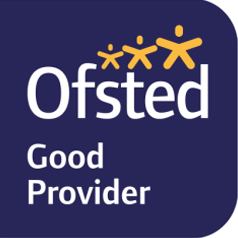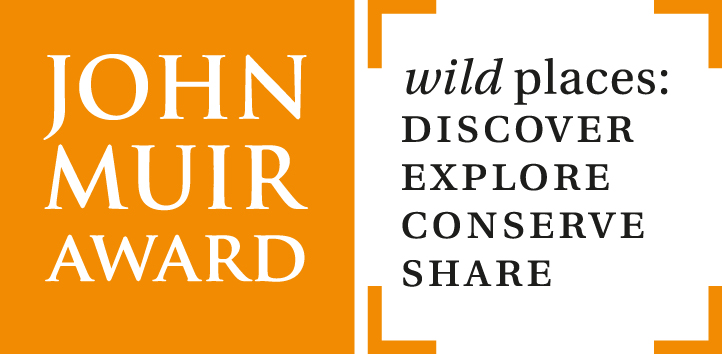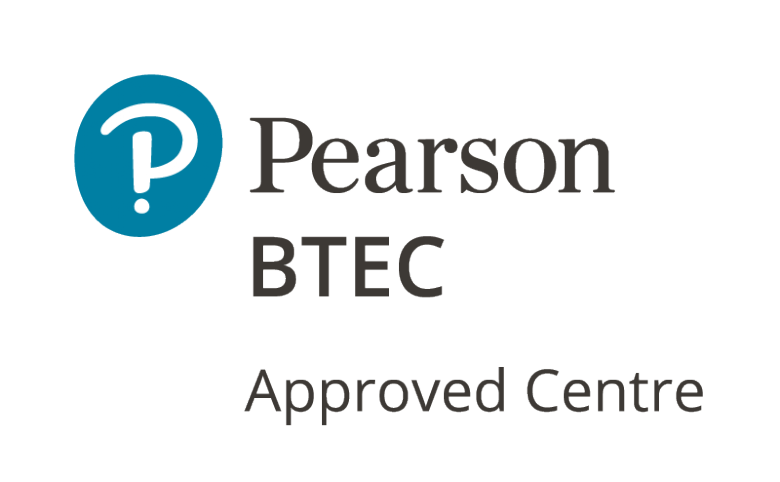English
Subject: English (Language and Literature)
Course Overview
The Dorset Studio School’s English Department Intent is that students acquire and retain essential knowledge and a wide vocabulary base to allow them to succeed in life. While the aim for many of our students is to become professionals in land and animal-based industries, it is also imperative that they understand the world around them as well as the need to be confident readers, critical thinkers and independent learners.
It is because of this that we consider the ethos of ‘windows and mirrors’ when we select the range of texts that students study; we firmly believe that it is our role to use- and expand upon- students’ knowledge of their own context and culture but to also appreciate others.
In order to do this, students read a number of challenging texts from differing contexts, genres and forms as well as extracts from some of histories greatest thinkers and orators. This, first and foremost, will aid in their development as human beings but, with focus, will enable success at GCSE by creating empathetic, tolerant students who are able to confidently express themselves both in the written word and verbally.
All lessons in English will match the school ethos of ‘support and challenge’.
KS3
Reading is essential- both for our ability as English students and for our mental health and wellbeing. At KS3, students will read a total of eight whole texts, including classics like Frankenstein, Animal Farm, Pygmalion as well as A Mid-Summer Night’s Dream, Romeo and Juliet and excerpts from Shakespeare’s tragedies. They will also read modern novels like Private Peaceful and Welcome to Nowhere – a novel based around a Syrian Refugee.
Further to this, they will gain an appreciation of the roots of our language through their study of Aristotle’s Art of Rhetoric, study Greek Mythology (within which they will learn how to decode new words through an understanding of morphology), investigate modern and classic poems and analyse famous speeches.
Each unit in KS3 is sequenced to build on prior knowledge of English and its genre styles, contextual themes and various forms.
At the end of each year, students will get an opportunity to complete spoken language research tasks. These will centre around issues and topics like global goals, feminism and Shakespeare, however students will be given some free reign within here to choose what they would like to research and present back to their peers.
The essential knowledge in all of these units will help in students’ ability to be successful at KS4.
KS4
At KS4, students will begin their GCSE study; students will complete two separate GCSE’s in both English Language and English Literature.
Students will be given plentiful opportunity to practise English language and exam skills, using their English Language booklets to engage with and hone their skills with exam style content and tasks.
Meanwhile, they will read and practise how to be successful in English Literature, reading An Inspector Calls, A Christmas Carol and completing most of their study of poetry in Y10.
In Y11, Students will complete their study of poetry and Macbeth and complete their English Language study booklets.
The course also includes a speaking and listening element which will be completed at the end of Y10.
Key information
Dorset Studio School follows the EDUQAS exam board
syllabus in both English Language and English Literature.
English Language Summary of Assessment:
English Language Paper 1: Fiction Reading and Creative Prose Writing – 40% of qualification. 1 hour, 45 minutes
In this exam, you will read one extract from 20th Century creative writing. You will then answer 5 questions on the extract before writing your own piece of narrative writing.
English Language Paper 2: Non-fiction Reading and Persuasive Prose Writing -60% of qualification. 2 hours
In this assessment, you will read two extracts of non-fiction (real) writing. One will be from 19th Century and the other from 21st. However, they will both be on a similar topic.
You will then answer 5 questions analysing each extract before writing two pieces of persuasive writing yourself. This latter task could be in the form of a letter, newspaper/magazine/online article, leaflet, essay or speech.
English Literature Summary of Assessment:
English Literature Paper 1: Shakespeare (Macbeth) and Poetry (pre-studied from your anthology) - 40% of qualification. 2 Hours
English Literature Paper 2: Post-1914 drama (An Inspector Calls), Pre-19th Century novel (A Christmas Carol) and Unseen Poetry - 60% of qualification. 2 hours, 30 minutes
Note- Students are not permitted to take copies of the texts into the exam. It is therefore vital that you commit to memory key quotes from every text. In all questions, you will be given an extract/poem but also must be able to discuss the text as a whole.








